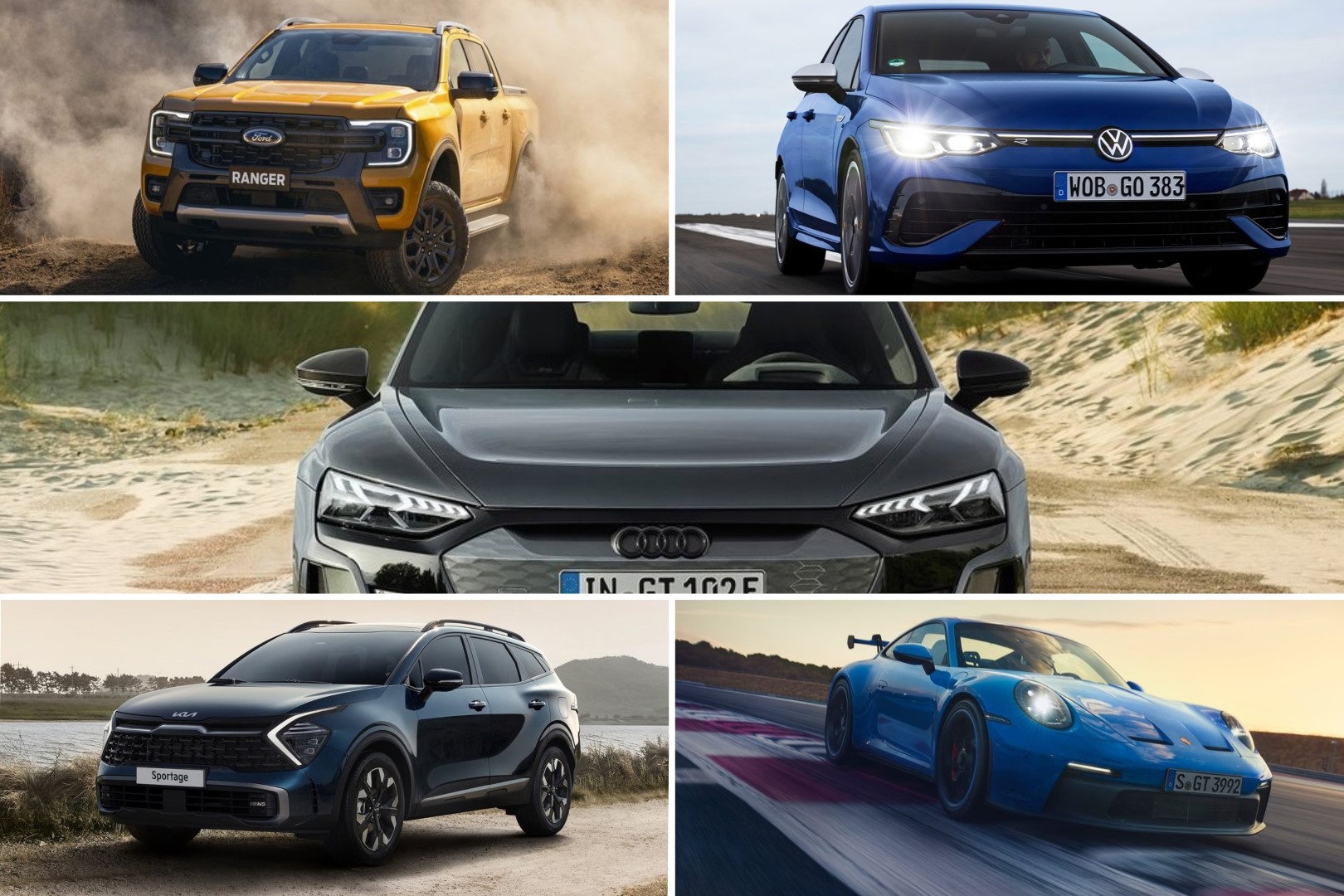Subscription model will replace buying cars in South Africa: CEO
WesBank Motor chief executive Ghana Msibi says more South Africans are expected to adopt subscription models over buying a new car in the coming years.
Msibi said few buyers today ever actually own their cars as finance models see the bulk of buyers entering long-term instalment deals, with cyclical upgrades to newer models – and in turn, new contracts – every few years.
The registered owners of most cars on the road today are actually banks, he said.
“So, as foreign as global mobility buzzwords and phrases such as ‘utilisation’, ‘Mobility as a Service’ (MaaS), and ‘Pay-as-you-drive’ may seem, South African trends aren’t as far removed from those abroad as they may appear.
“A number of new MaaS models are developing overseas, where vehicle ownership is never part of the equation.”
In short, these business models either see drivers accessing a variety of cars through subscription services or, cycling through new cars at a much greater frequency than in traditional finance contracts.
“Basically, there is little interest in ever taking possession of an asset as part of a payment arrangement,” Msibi said.
A 10-year shift
Msibi said this buying shift is largely driven by younger generations of motorists.
“Where Gen X and those generations before generally lived sequential lives, climbing work ladders, getting married, having kids, and upgrading cars and homes as they progress toward retirement, Millennials and Gen Z have turned this linear lifestyle on its head.”
“They want to find ways to live their best lives now and there is a diminishing appetite for historical associations with mobility such as insurance, maintenance and future planning in regards to residual values and lump sum payments.”
He added that a subscription model also presents massive opportunities for players such as banks and dealers to shift into new ways of doing business locally.
“These organisations need to ensure they evolve and do not continue catering for obsolete demands,” he said.
Msibi said that Wesbank and FNB were actively preparing for this shift in demand, starting with the offering of several features through its Nav mobile app – including the ability to renew licence discs, fast-track finance applications, access calculators and pay fines.
“In the future, we could use this platform for customers to access a variety of cars through subscription services, either from peers, bank-owned fleets or dealers. Dealers and manufacturers (OEMs) will remain key contributors to mobility in the future, but their roles will shift from merely providing assets for sales to providing assets for use.”
The same is true for banks and the role of banks will no longer solely be financing, but also to create platforms for dealers to make stock accessible in new ways, he said.
“The South African mobility industry will change more in the next 10 years than it has in the last 50. Gone are the days when we develop and offer services based on average consumers. We are moving into a new world of rolling out services for individual personas.
“Old-school business models and reluctance to adapt will result in corporate obituaries. Mobility as a Service is inevitable, and WesBank is embracing the shift.”



